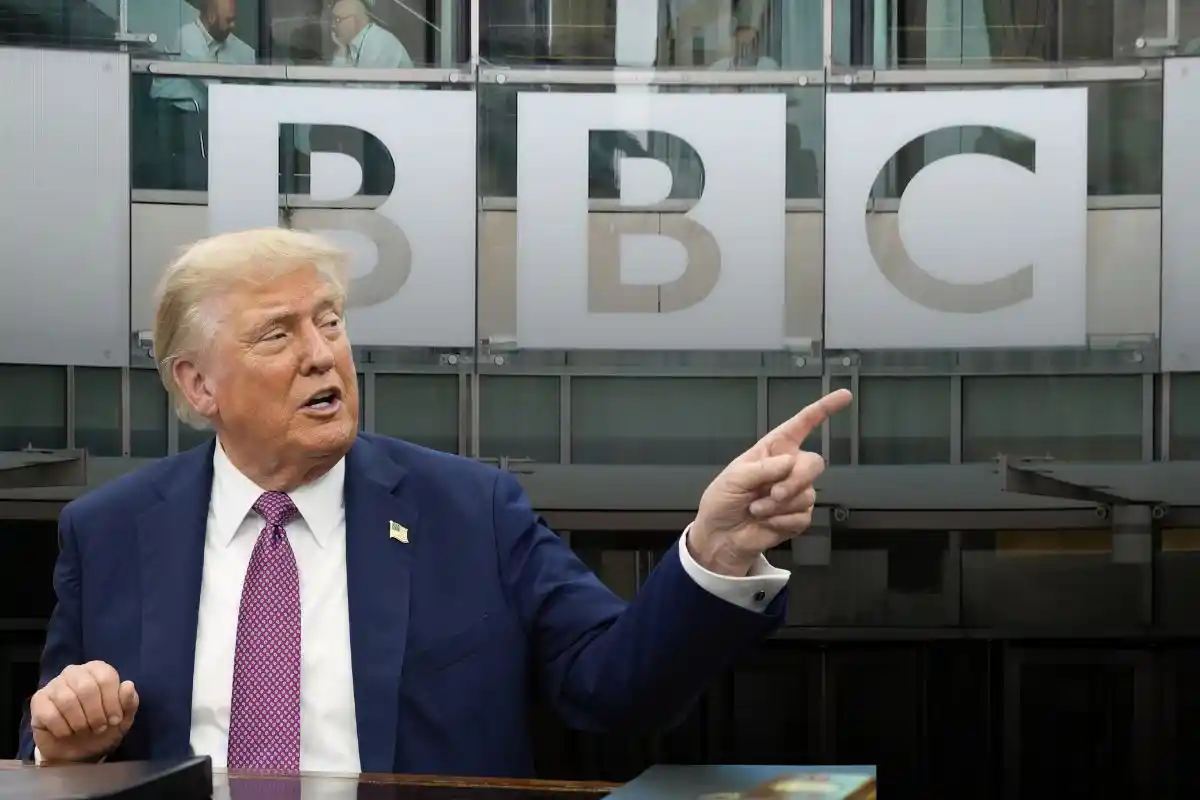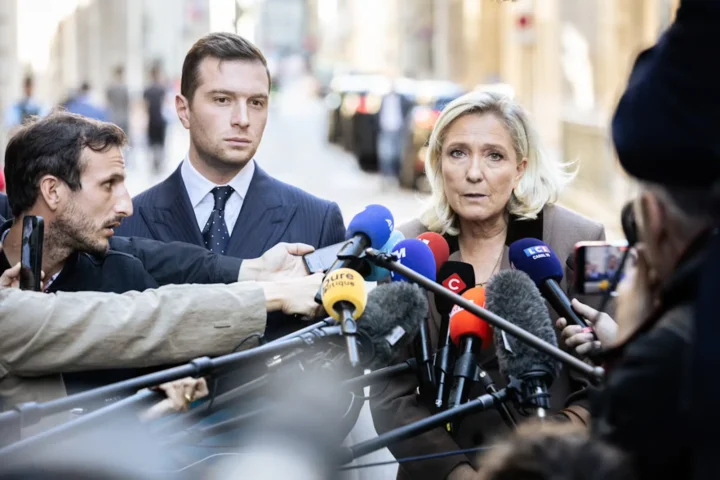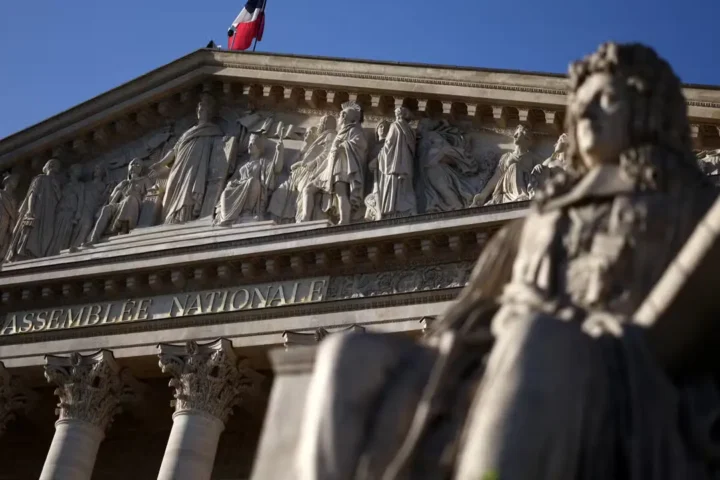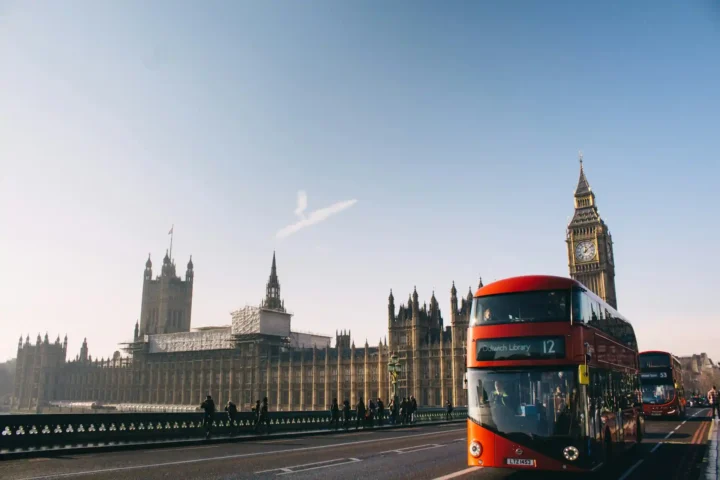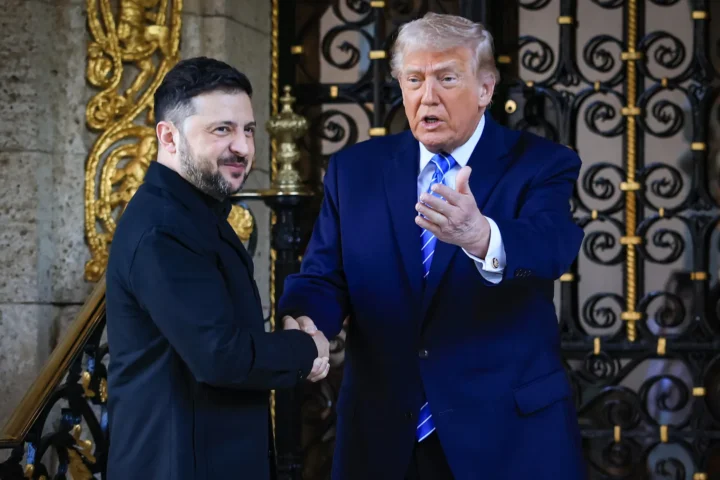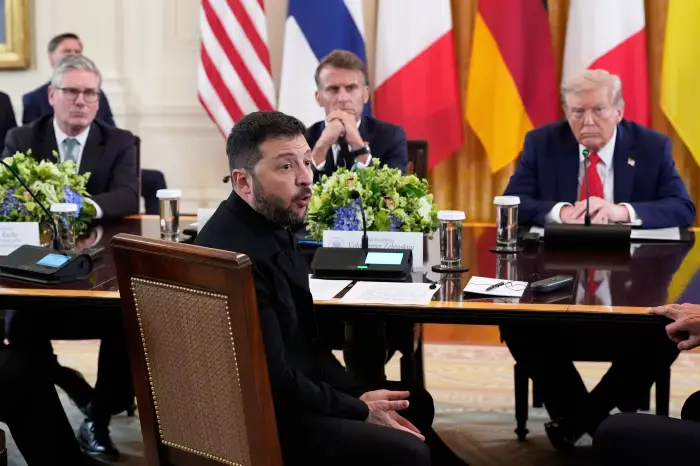The recent BBC Panorama scandal, where a documentary on President Donald Trump was found to have deceptively edited his speech related to the January 6 Capitol events, has stunned the media world and sent shockwaves through public discourse. This egregious editorial lapse led to the resignations of the BBC’s Director General Tim Davie and News CEO Deborah Turness, underscoring the gravity of the breach. While public broadcasters have traditionally been the last bastion of impartial, measured journalism, this incident starkly exposes the precarious nature of media objectivity today, entering what feels more and more like a slippery slope. For institutions that once championed evenhandedness, the line between reportage and partisanship is blurring—and with it, the trust that underpins democracy itself.
The Anatomy of a Scandal
The controversy began when an internal whistleblower revealed that the BBC’s Panorama program had spliced together snippets of Trump’s speech separated by over 50 minutes, reshaping what was a complex, if fiery, address into what appeared to be an explicit call for insurrection. The original speech, while defiant and charged, did not contain the incendiary exhortations the altered version suggested. By rearranging Trump’s language without full context, the documentary framed him as directly inciting violence at the Capitol—a serious distortion of reality. When confronted, the BBC initially defended its editorial choices, deepening the crisis of confidence and prompting the resignations and threats of legal action from Trump and his allies.
This is not merely an error in judgement or a production glitch. It is a profound editorial failure with significant consequences. Public trust in media, already fragile and fractured by years of partisan clashes and information overload, suffers a major blow when a venerable institution like the BBC deviates from its foundational principle of impartiality. The public’s perception of news as a source of truth erodes, and skepticism metastasizes into cynicism.
The Crisis of Media Impartiality
Media institutions, particularly those funded by the public, have long upheld impartiality as sacrosanct. The BBC has prided itself on this tradition, balancing views and resisting overt ideological slant. Yet, the sandbox in which public broadcasters now play is anything but neutral. Political polarization worldwide has transformed news consumption into ideological warfare; audiences seek affirmation over information, preferring news that aligns with partisan predispositions. Media organizations, under market and political pressures, respond accordingly, consciously or unconsciously shaping narratives to satisfy their constituencies rather than challenge them.
This environment fosters a dangerous dynamic: journalism shifts from a quest for truth to a vehicle for ideological reinforcement. The BBC’s recent failure typifies how even institutions regarded as bulwarks of fairness can falter—over-editing, misrepresenting, or selectively framing events to fit a narrative. The days of non-polarized, “just-the-facts” reporting are fading; nuance is sacrificed on the altar of emotional resonance or outrage. This is not a subtle shift—it is tectonic, upending the media ecosystem.
Slipping Toward Misinformation
Bias alone is not new; every journalist carries subconscious filters shaped by culture, politics, and identity. But bias becomes dangerous when it morphs into misinformation—when facts are deliberately distorted or omitted. The BBC documentary scandal lies at this intersection. By intentionally editing Trump’s words to manufacture a stronger indictment, the documentary crossed from partiality into manipulation. This kind of distortion not only degrades an institution’s credibility but also weakens public discourse by inflaming divisions on false premises.
Once trust erodes, it rarely recovers. Viewers become hardened in disbelief, increasingly suspicious of all media, dismissing fact-based reporting as “fake news” or propaganda. Democracies rely on a shared factual basis for debate and decision-making; when that erodes, the very fabric of reasoned discussion frays.
The BBC scandal is a cautionary tale and a call to arms for media institutions everywhere. Integrity in journalism demands that editorial decisions undergo stringent scrutiny to preserve context, avoid misleading juxtapositions, and ensure transparency in corrections. Upholding impartiality is not the same as striving for blandness or neutrality at all costs; rather, it is the commitment to accuracy, fairness, and a conscientious effort to represent complexities faithfully.
Public broadcasters have a special onus, given their funding sources and societal role, to be exemplars in this regard. Their demise into partisan misinformation sets a precedent with ripple effects across commercial outlets and social media, which often operate with far fewer checks.
The Democratic Stakes
Our contemporary media landscape, fractured by ideological polarization and increasingly siloed information environments, presents formidable challenges. Yet surrendering to partiality undermines democracy at its core. A healthy democratic society depends on a populace that can access reliable information, listen to competing arguments, and engage in deliberation grounded in shared reality.
When media outlets amplify division through bias or manipulation, they contribute to a cycle of mistrust and fragmentation. The BBC’s editorial lapse may seem like one incident, but its consequences ripple outward—fueling cynicism, eroding institutional trust, and leaving democracy vulnerable to misinformation and extremism.
This recent scandal encapsulates a critical moment for journalism—not only for the embattled broadcaster but for the entire profession. It starkly reveals the fragility of media impartiality in a world where polarization is the norm and trust is scarce. At stake is nothing less than the foundation of informed public discourse and democratic legitimacy. Media institutions must resist the temptation to lapse into facile partisanship and commit themselves anew to the painstaking craft of honest, nuanced reporting. Without that commitment, journalism risks becoming weaponized narrative rather than a beacon of truth—a slippery slope from which democracy may never fully recover.
